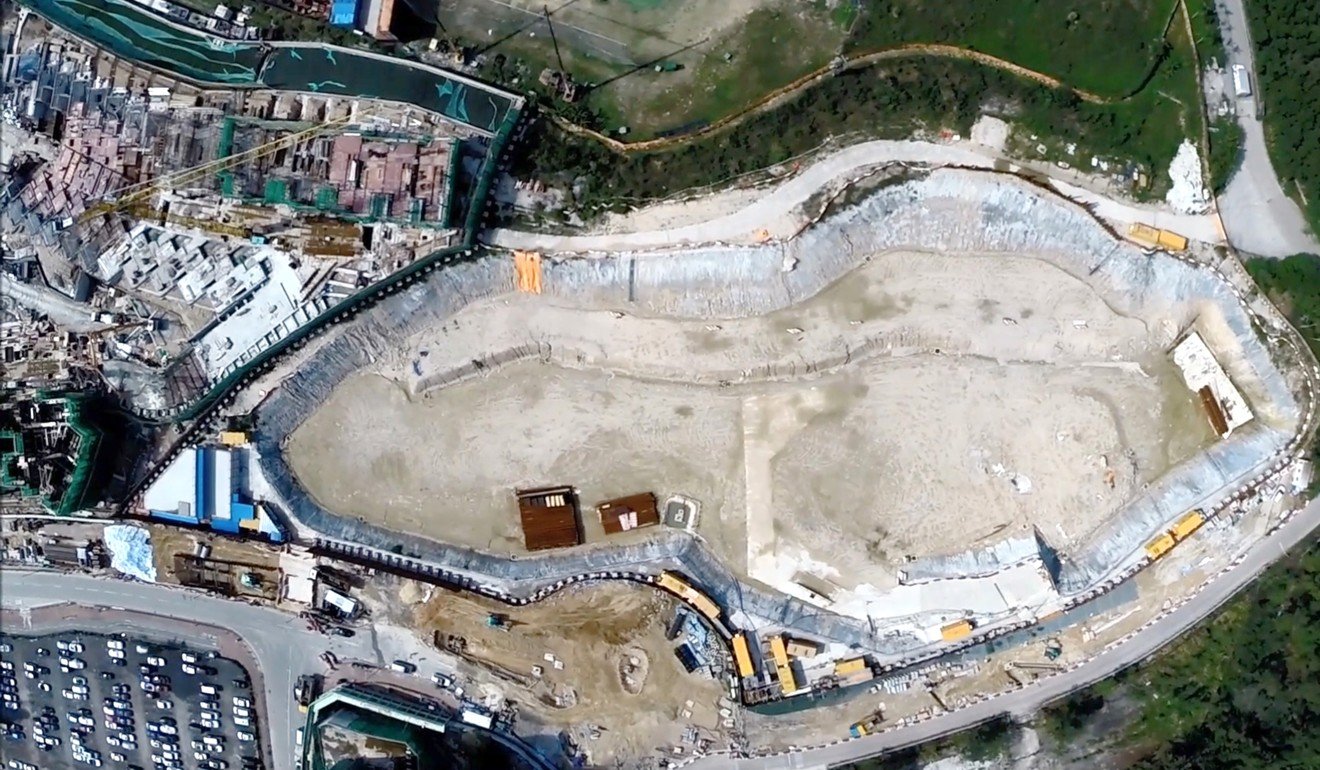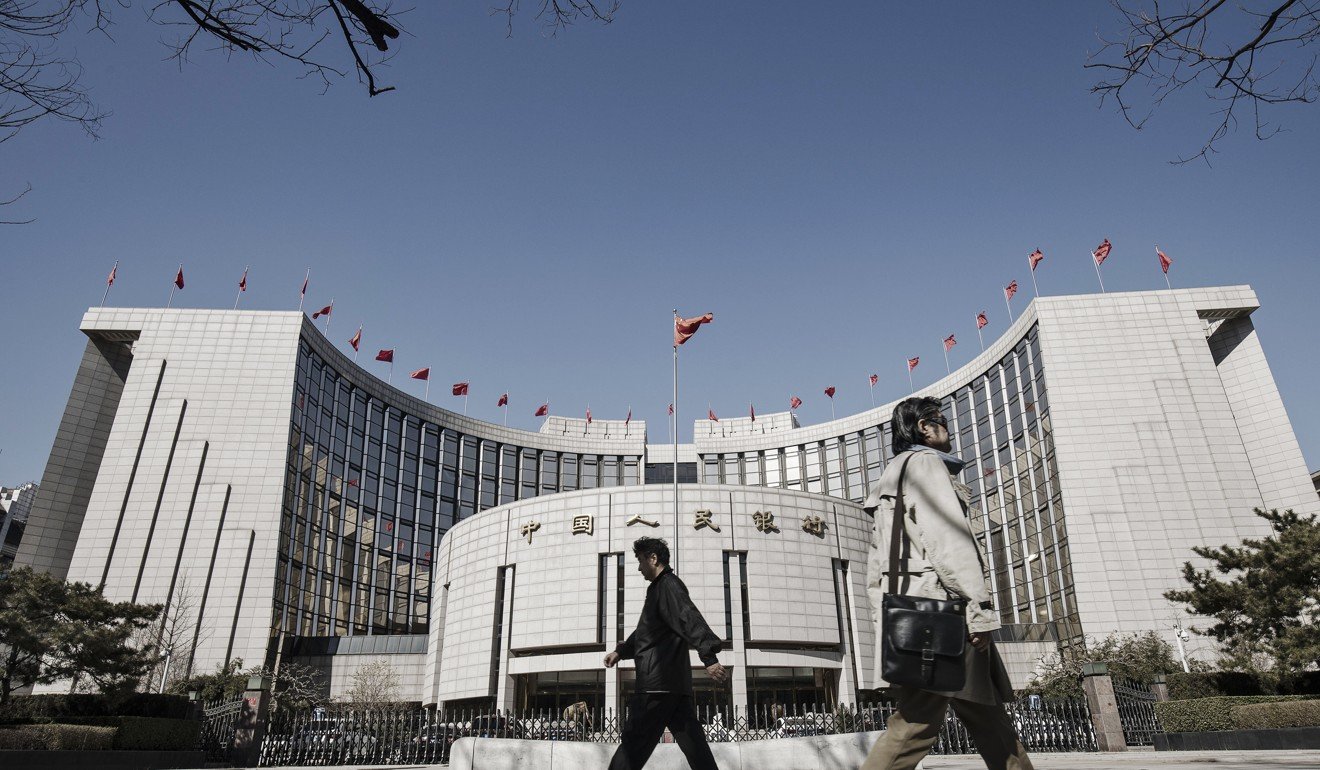
Chinese developer forced to sell Ma On Shan site amid Beijing’s tightened capital controls
China City Construction will sell its Ma On Shan waterfront residential site to Wang On Properties. It acquired the plot in 2014 for HK$2.138 billion.

China City Construction (International) is forced to sell the waterfront residential site in Ma On Shan that it won in a 2014 government tender after encountering financial difficulties to proceed with construction amid Beijing’s tightened controls on capital outflows.
The sale, considered a rare case in reselling of government land, was confirmed by Wang On Properties on Thursday in a statement saying that it had agreed to take over the site.
When asked if the firm needed to pay a premium for the government plot, Wang On Properties chief executive Gary Wong said: “Home prices have been breaking one record after another, and land [prices] as well. It is hard to get the deal done by offering the same price [in 2014].”
In December 2014, the Lands Department awarded the residential site at Yiu Sha Road, Whitehead, to Loyal Pioneer for HK$2.138 billion. The company is 90 per cent-owned by state-backed China City Construction (International) and 10 per cent held by construction firm Chun Wo Development, now renamed as Asia Allied Infrastructure Holdings.

They had said that they would invest a total of HK$4 billion into the development comprising 26 villas and four, 13- to 15-storey residential blocks.
But Wang On, according to its statement has modified the development plan on the 253,000 sq ft site to consist of 13 villas and 430 standard units. It did not provide an investment figure.
CEO Wong said the purchase would boost the company’s land bank.
A spokesman at Asia Allied Infrastructure said the sale was mainly initiated by China City Construction, but declined to say when.
China City Construction’s trouble began last year.
In November, 2016, Success Will Development, a wholly owned subsidiary of Asia Allied Infrastructure, instigated a legal proceeding against China City Construction Property, for failing in performing their obligations to inject capital of about HK$291 million into project company to proceed with the construction work.
But the legal proceeding was discontinued, according to Asia Allied Infrastructure’s filing with the stock exchange on June 7, as it “reached a mutual consent on the dispute on a confidential basis”.
China City Construction Property is a wholly-owned firm of China City Construction (International).

China has been implementing tough measures to restrict outbound investments in the face of accelerating capital outflows.
Chinese firms which do not have offshore operations will be severely affected by the mainland government’s strict controls on capital outflows
They include banning overseas investments of more than US$10 billion, forbidding mergers and acquisitions worth more than US$1 billion that are outside a Chinese investor’s core business and halting foreign real estate deals by state firms involving more than US$1 billion.
China City Construction has put the site on the block for a while, with an asking price of HK$2.7 billion, or HK$7,000 per sq ft, according to industry watchers.
“It is a rare case in Hong Kong as winning developers of government sites may invite joint venture partner [to develop the site], but would seldom sell the 100 per cent stake to another party,” said Victor Lai, chief executive of Centaline Professionals.
Lai would not rule out more cases of forced sales by companies that run into financial troubles as a result of China’s ongoing controls.
Wong of Wang On Property said the Ma On Shan site purchase would be done through a company transfer, which means the firm only needs to pay a 0.2 per cent levy in total on the share transfer instead of 15 per cent stamp duty.
“The purchase is through company transfer which is a very common commercial transaction,” he said.
“We are very optimistic about the residential market outlook.”
Shares of Wang On edged up 1.8 per cent to close at HK$1.68, while Asia Allied Infrastructure eased 1.13 per cent to end at 87 HK cents on Thursday.